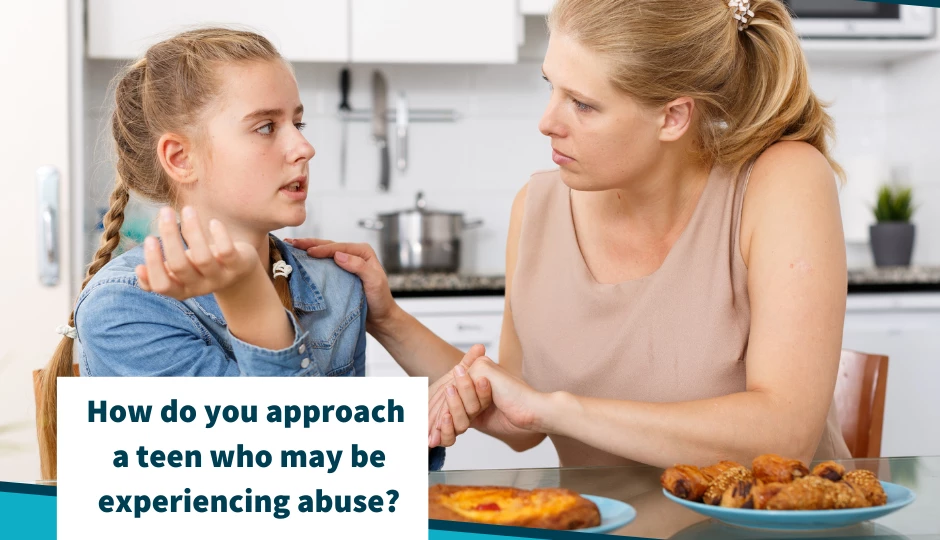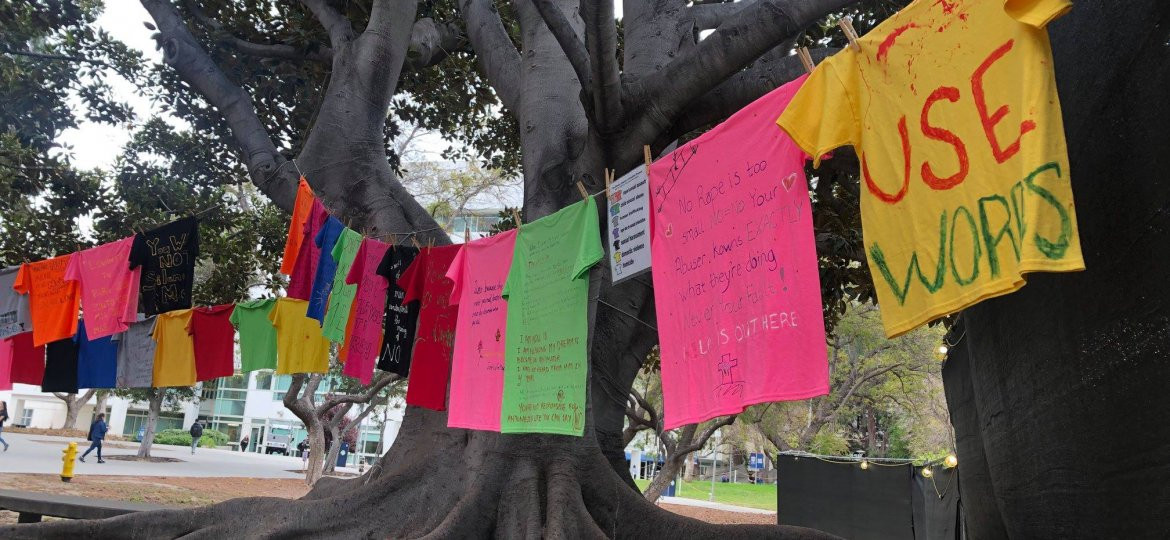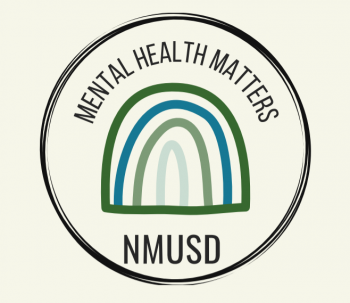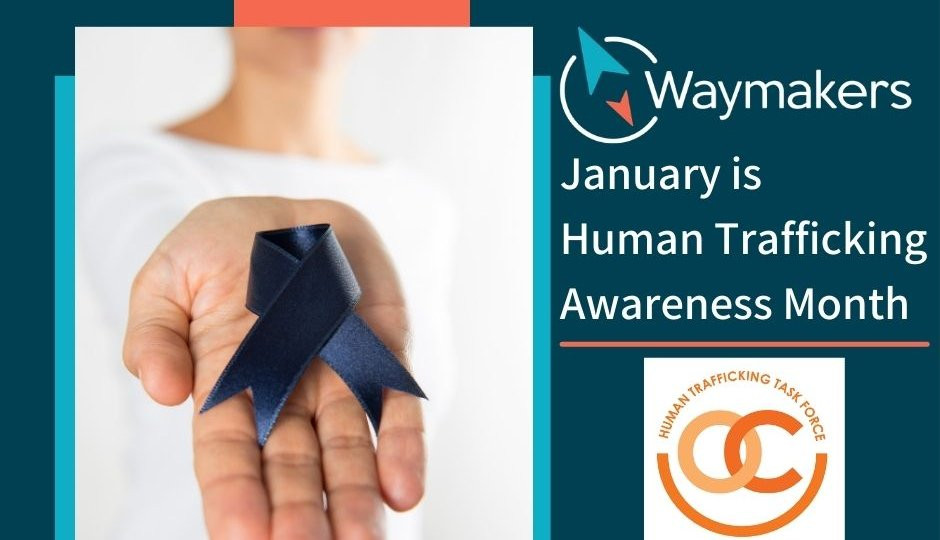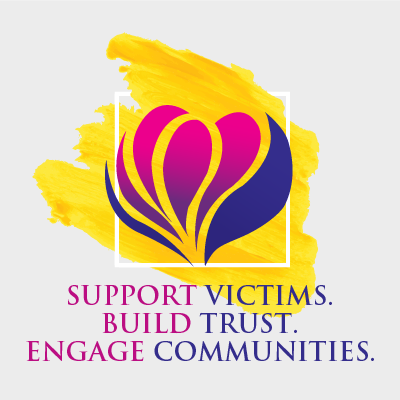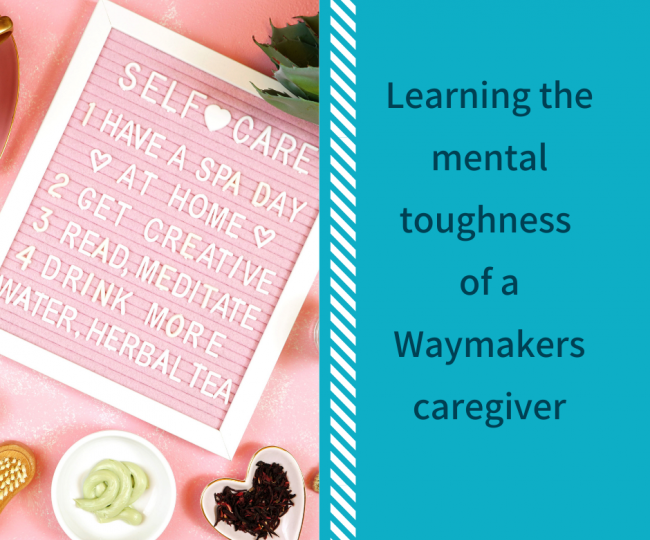Teen Dating Violence (TDV), a type of intimate partner violence that occurs between two people in a close relationship, is affecting millions of teens in the U.S. every year. Often referred to as “dating violence,” the nature of such violence can be physical, emotional or sexual. The statistics tell a gripping story.
Among high school students who dated, 21 percent of females and 10 percent of males experienced this type of violence, according to the Centers for Disease Control (CDC). Specifically, in Orange County, California, an estimated two-thirds of teens have experienced teen dating violence, and one in four Orange County teens have experience sexual abuse in a relationship, according to Laura’s House and Chapman University.
But jarring statistics like these don’t just happen overnight. They come with warning signs, so it’s essential to know what to look for. First, it’s vital to understand common types of abuse, which include physical abuse, emotional and verbal abuse, sexual abuse, financial abuse, digital abuse, and stalking. Common warning signs from a partner include extreme jealousy, constant belittling, explosive tempers, isolation family and friends, making false accusations, mood swings, possessiveness, and pressure to have sex. Experiencing even one or two of these may be a red flag that abuse is present in a relationship.
Many parents or guardians catch these warning signs, but have one common question—how do you approach a teen who may be experiencing abuse? Communicating with teens can be tricky so starting with a loving affirmation for them is key. Remember: teens think in “black and white” which often keeps them from reaching out for help, so you will need to meet them at their level of communication, without judgement. For example:
“I want to tell you I love you and I’m starting to see things that are concerning. I don’t know if you can see them too, but I want to have an open and honest conversation with you. How does this relationship feel to you? Does it feel right? Can we talk about it or is there someone we both trust you can talk to?”
One survivor currently making headlines is Evan Rachel Wood, who recently spoke out about the alleged abuse she was subjected to by Marilyn Manson, her ex. She says she was “horrifically abused” during their three-year relationship when she was a teenager and Manson was in his 30s.
Experts who study the biological wiring of teens, share that teens commonly romanticize unhealthy relationships. Abusive relationships like Wood’s often begin with a romanticized “honeymoon”, spending endless hours on the phone, on dates and social gatherings. Unhealthy behaviors and habits begin to creep in when small boundaries are crossed, and then little by little, these add up to larger boundaries getting crossed, often characterized as “grooming.” Eventually, the lines are blurred between reality and deceit and abuse is the result.
During the COVID-19 pandemic, it’s more important than ever to know the signs of teen dating violence and what to say to someone who may be experience it. Finding a time to connect with the teen in your household and allow healthy, trusting dialogue can make all the difference.
Waymakers is Orange County’s principal source for crisis intervention, resource assistance, emergency financial assistance, and other specialized support. If you or a teen in your life is in need of guidance or assistance, Waymakers’ Domestic Violence Assistance Program can help. Call us at 714-935-7956.
